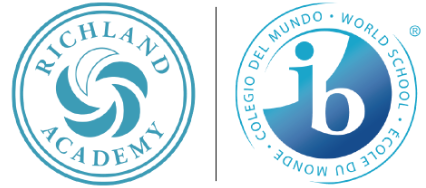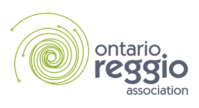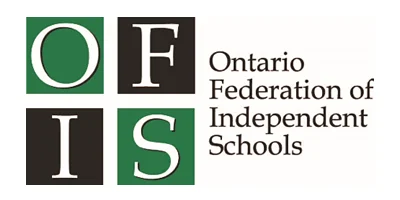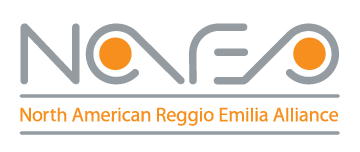 In an Inquiry Based learning environment, the children are often the ‘protagonists’ of their own learning. Initially their questions and ideas are ‘bounced’ to their teacher and the group. As their teacher, I then ‘bounce them back’ by provoking further learning, through bringing their conversations back to the group, and asking them:
In an Inquiry Based learning environment, the children are often the ‘protagonists’ of their own learning. Initially their questions and ideas are ‘bounced’ to their teacher and the group. As their teacher, I then ‘bounce them back’ by provoking further learning, through bringing their conversations back to the group, and asking them:
“What are we trying to find out?”
“How will we research and find answers?”
“How will we record our findings?”
“How will we organize the new information we have gained?”
 Providing a rich environment, full of materials to help them represent their thinking, takes their learning to a deeper level. Through the process of sketching, sculpting, painting and writing, the children gain a fuller understanding. Allowing time for reflection through bringing individual discoveries to the group, enables the ‘artist, ‘scientist’, ‘author’, ‘mathematician’, ‘inventor’ or ‘architect’ to enrich and expand the collective learning of all the children.
Providing a rich environment, full of materials to help them represent their thinking, takes their learning to a deeper level. Through the process of sketching, sculpting, painting and writing, the children gain a fuller understanding. Allowing time for reflection through bringing individual discoveries to the group, enables the ‘artist, ‘scientist’, ‘author’, ‘mathematician’, ‘inventor’ or ‘architect’ to enrich and expand the collective learning of all the children. “The intellectual and emotional learning which came about in and through the group create a quality of individual knowledge which is completely different. We not only learn how to be social, but we learn through this sociality, which leads us to become different individuals.” (Carla Rinaldi)
“The intellectual and emotional learning which came about in and through the group create a quality of individual knowledge which is completely different. We not only learn how to be social, but we learn through this sociality, which leads us to become different individuals.” (Carla Rinaldi) Our current explorations of ‘Shakespeare’, ‘Ramps’ and ‘Light and Shadow’ have all taken an Inquiry Based stance. The children’s learning has not taken a linear (straight) path, but rather has reflected the process of how children actually learn, by engaging them in a variety of cross curricular experiences, over a long period of time, using both the left and right sides of the brain. We continue to revisit and reflect, our paths of inquiry taking twists and turns. as we follow the children’s natural curiosity. “A- ha” moments rise up and surprise us when we least expect them. The children continue to amaze and inspire me as they make connections to all they have learned.
Our current explorations of ‘Shakespeare’, ‘Ramps’ and ‘Light and Shadow’ have all taken an Inquiry Based stance. The children’s learning has not taken a linear (straight) path, but rather has reflected the process of how children actually learn, by engaging them in a variety of cross curricular experiences, over a long period of time, using both the left and right sides of the brain. We continue to revisit and reflect, our paths of inquiry taking twists and turns. as we follow the children’s natural curiosity. “A- ha” moments rise up and surprise us when we least expect them. The children continue to amaze and inspire me as they make connections to all they have learned. “The unpredictability of learning in this approach to education, arising from the synaptic dynamic of relationships and new connections, contests the idea of learning as a process of linear progress and development, in favor of learning as an uncertain, unpredictable and intensely creative activity, with new understandings created unexpectedly and shooting off in new directions.”(Vecchi)
“The unpredictability of learning in this approach to education, arising from the synaptic dynamic of relationships and new connections, contests the idea of learning as a process of linear progress and development, in favor of learning as an uncertain, unpredictable and intensely creative activity, with new understandings created unexpectedly and shooting off in new directions.”(Vecchi)









